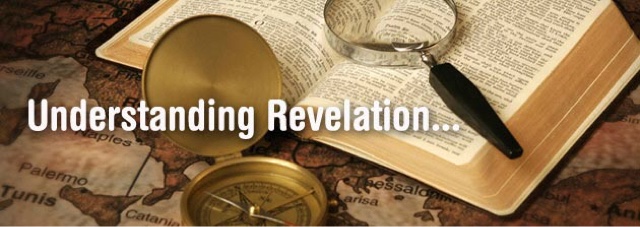"Then came one of the seven angels who...spoke to me, saying, "Come, I will show you the Bride, the wife of the Lamb." And he carried me away in the Spirit to a great, high mountain, and showed me the holy city Jerusalem coming down out of heaven from God,"
(Revelation 21:9-10)
For the bride is the church, the wife of the Lamb, and the holy city, new Jerusalem that has come down out of heaven from God is the church in eternity as well. It may be best to see “the holy city” as the community of the redeemed in eternity—the church—which is also “the wife of the Lamb.” It is the community of the redeemed in that the church involves many people from every age and from among every people group on earth all redeemed through the death of Christ on their behalf. They exist together for eternity as one body of believers, undivided by sectarianism, nationalism, racism, class, economic factors, or gender. Here is the community elected before the world began, each one’s name “written in the Lamb’s book of life,” and redeemed by the substitutionary death of Christ at the cross. The entire community unites around worship and service to “the Lord God Almighty and the Lamb.” So quite appropriately, this community of the redeemed is called “the bride, the wife of the Lamb,” which foreshadows the intimate communion and eternal love of Jesus Christ with His people forever. This is the bride that Christ has secured through His own bloody death and sanctified through His Word and by His Spirit, so that He might present her “in all her glory, having no spot or wrinkle or any such thing; but that she would be holy and blameless” (Eph. 5:25-27). Now, John explains what Paul meant by presenting the church “in all her glory.”
(Phil A. Newton)



















